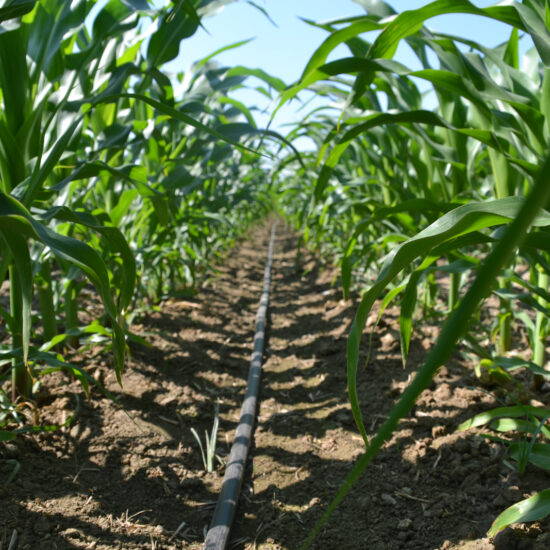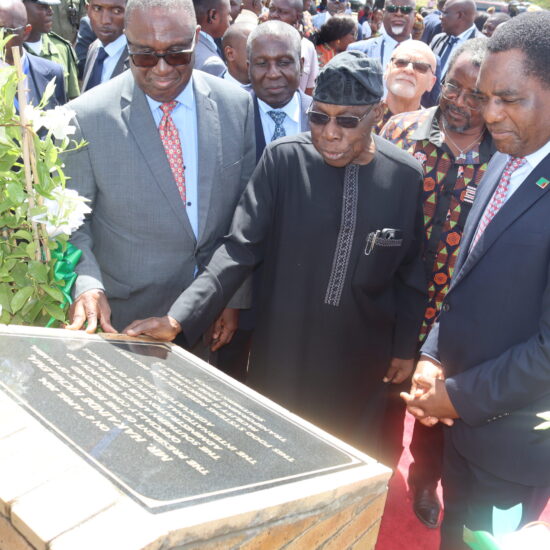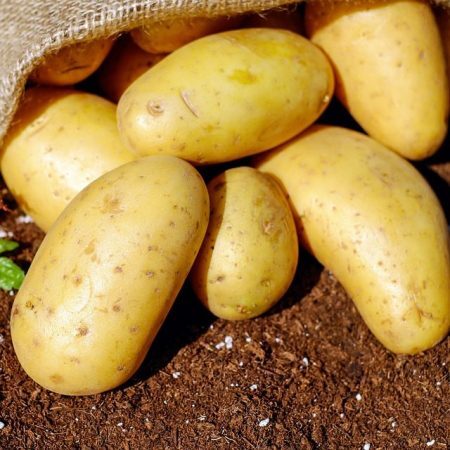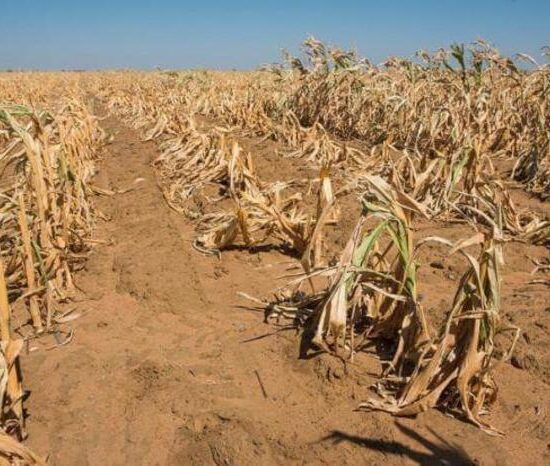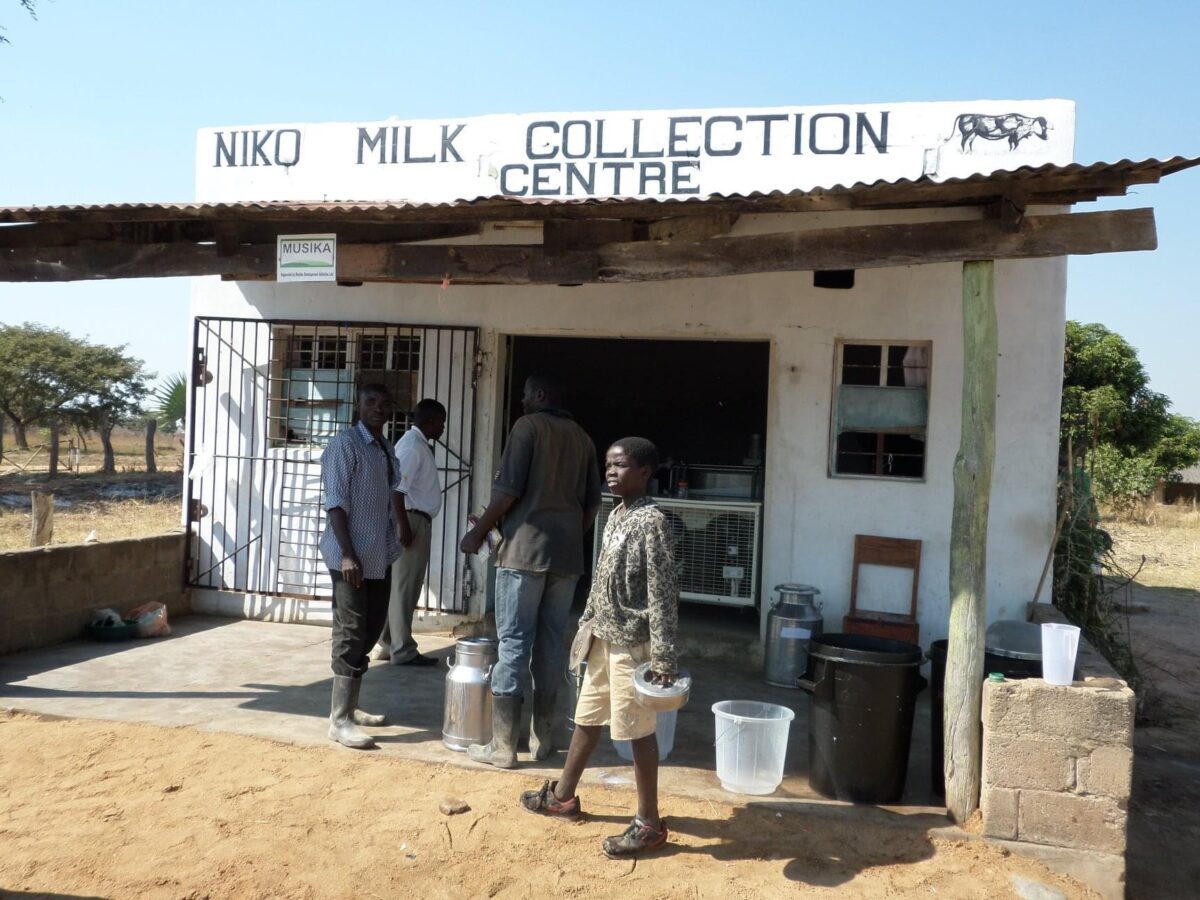
Zambia’s diary industry continue to grapple with lack of infrastructure investment in refrigerated storage facilities resulting in continued loss of about half a billion liters of locally produced milk going to waste or sold at give away prices annually.
Dairy Association of Zambia (DAZ) had last year 2020 lamented that about half a billion (over 545 million) litres of locally produced milk continue going to waste annually due to lack of refrigeration facilities and the preference for imported milk concentrates by large scale milk processors.
DAZ Executive Manager Jeremiah Kasalo stated that most of the milk produced by local diary farmers is being traded informally as it does not reach the formal trading channels dominated by large diary companies such as Zambeef’s Zammilk, Parmalat now under Lactalis and Trade Kings Diary Gold among others.
And one of the active cooperatives in Southern Province has disclosed to the Zambian Business Times – ZBT that the situation has not changed a year later as there is has been limited to no investment put in place to instal adequate storage facilities.
Hilda Makaye who is managing the Kalomo Day District Milk Cooperative says the centre has a limited storage capacity of 2,500 liters, therefore some milk which is available from local diary farmers remains uncollected due to lack of adequate refrigeration facilities.
She said the centre collects about 3,500 litres of milk per day during the rainy season as there is plenty of water and green pasture which generally results in animals producing more milk as they do not struggle or move long distances to access water and food, adding that 90% of milk is composed of water which is key to increasing production.
Makaye added that some farmers face challenges feeding their animals in the dry season, therefore the availability of green pasture during the rainy season improves milk supply. She revealed that the centre is however currently collecting only 300 litres of milk per day as the volumes reduce in the hot season.
“We collect the milk early in the morning, by mid-morning a truck from Dairy Gold – Trade Kings, which is the buyer of the milk, collects the milk and this is done every after a day and then after collection we start pouring some more milk in the tank in the afternoon”, she said.
Makaye said the cooperative has one sub centre where all farmers take their milk at 12:00hrs and after testing and determining the quality of the milk, it is taken to the collection centre where Dairy Gold-Trade Kings then collects it.
She noted that Parmalat was also buying milk from the cooperative but stopped doing so in August this year as the volumes of milk reduced, which is the case during the hot season adding that Parmalat would collect the milk one day and the next day Dairy Gold-Trade Kings would collect.
Makaye said in some unfortunate instances, farmers take their milk to the collection centre and find that there is no space in the chiller tank; the farmers would go back with their milk and either sell at an open market at a very cheaper price or store it in their fridges for the few that have.
She mentioned that the maintenance of storage facilities is also another challenge that the centre has. The storage facility the Centre was using is broken and has an internal leakage requiring around K50,000-K60,000 to be repaired, noting that the cooperative bought the machine from India as a cooperative with the help of a non-governmental organisations.
She said the cooperative is currently using a chiller tank, which was provided by Dairy Gold and may be able to procure another chiller tank before the end of next year with the help of cooperating partners. Makaye said the cooperative currently caters for people within the radius of 20km with plans underway for catering to diary farmers within the radius of 35kilometers after procuring equipment.
The Ministry of Livestock and Key Diary Companies such as Diary Gold, Lactalis and Zammilk have been challenged to come together and come up and implement a comprehensive public private partnership infrastructure program that can help the country cut on importing of more expensive milk concentrates and leverage the locally produced milk which is currently going to waste.



